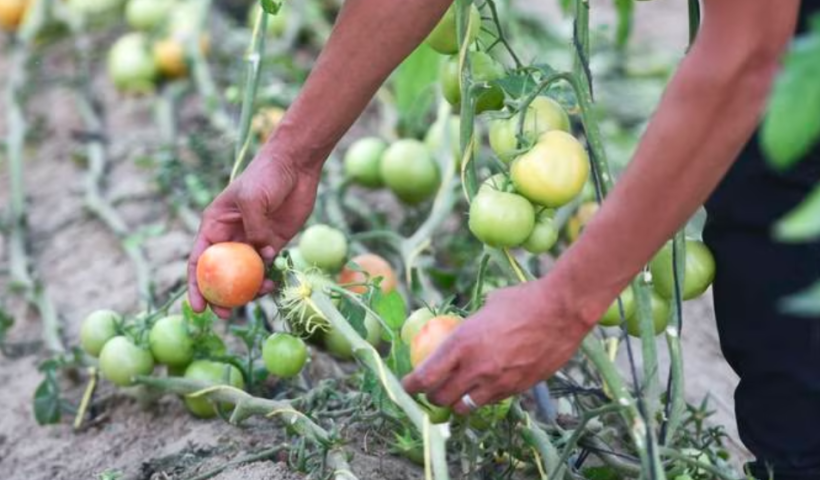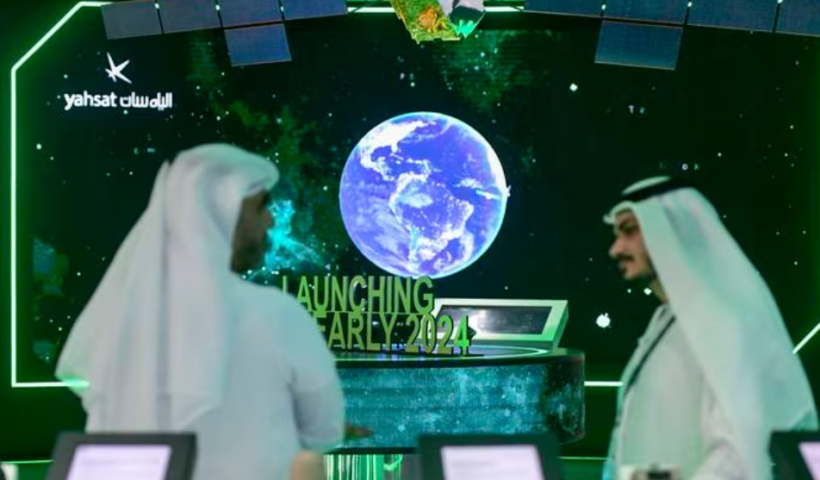According to Economy Minister Abdulla bin Touq, it also intends to finance new projects and generate 20,000 employment over the following five years.
In order to increase food security in the nation, the UAE plans to increase the economic contribution of food and agriculture by $10 billion and generate 20,000 new employment over the course of the next five years, according to the Minister of Economy.
Abdulla bin Touq said at the Future Food Forum in Dubai, “With a growing population, food security assuming the highest priority, the UAE is doing well on this front and was on top of the global food security index 2022 compared to other Mena counterparts, but the challenges for food in these uncertain times are real and present.
However, he claimed that the sector’s “resilience and adaptability” enable it to successfully deal with these difficulties.
Additionally, Mr. bin Touq unveiled seven key pillars to transform the food and agriculture industries, emphasizing domestic innovation, a UAE-first mindset in society and the food supply chain, and providing farmers with the support and tools they need to make their nation a global leader in sustainable agriculture.
Through initiatives to foster talent and innovation, the first pillar aims to ensure that the next generation of agricultural disruptors is local.
The second goal is to establish the UAE as a global regulatory powerhouse to guarantee that goods are of a higher caliber and are acknowledged on a global scale.
The third prioritizes domestic production and lessens reliance on imports in order to foster a UAE-first culture throughout the entire food value chain, while the fourth focuses on providing adequate finance to industry participants.
“Access to funding is why people grow, industries evolve, and our strategy will look into securing funding and support,” Mr. bin Touq added.
This takes us to our fifth pillar, which is to nurture innovation with top-tier R&D innovation because it is the basis of advancement. To spur transformation, we will offer top-notch research and development programs.
By establishing pathways for all stakeholders in agriculture, the UAE will also concentrate on helping players to diversify and get access to new markets.
The UAE is encouraging the expansion of a number of businesses, including food and agriculture as well as other non-oil sectors, in an effort to diversify its economy away from the oil sector.
By 2051, the UAE should be ranked first in the world for food security, according to the National Food Security Strategy.
The strategy also intends to develop the following generation of farmers.
It lays out strategies for creating a comprehensive national system focused on advancing local production while permitting sustainable food production using contemporary technologies.
A significant portion of the UAE’s overall trade is made up of food items, making it one of the most significant hubs for global food logistics.
Food commerce reached Dh130 billion ($35.4 billion) in 2022, an increase of 24% from 2021.
The government-owned lender Emirates Development Bank, which finances the UAE’s key industries, launched its AgTech loans program earlier this year with a budgetary commitment of Dh100 million to the nation’s food security sector.
According to EDB at the time, the program aims to expand the country’s agricultural industry in line with the UAE’s aspirations to lead the world in agricultural innovation.
It will target farmers, regional producers, technology companies, equipment manufacturers, and other players in the ecosystem that supports agriculture.
The program offers medium-term loans or working capital sums of up to Dh5 million with “competitive rates” and a long tenor of 10 years. It also offers capital expenditure and working capital financing.


